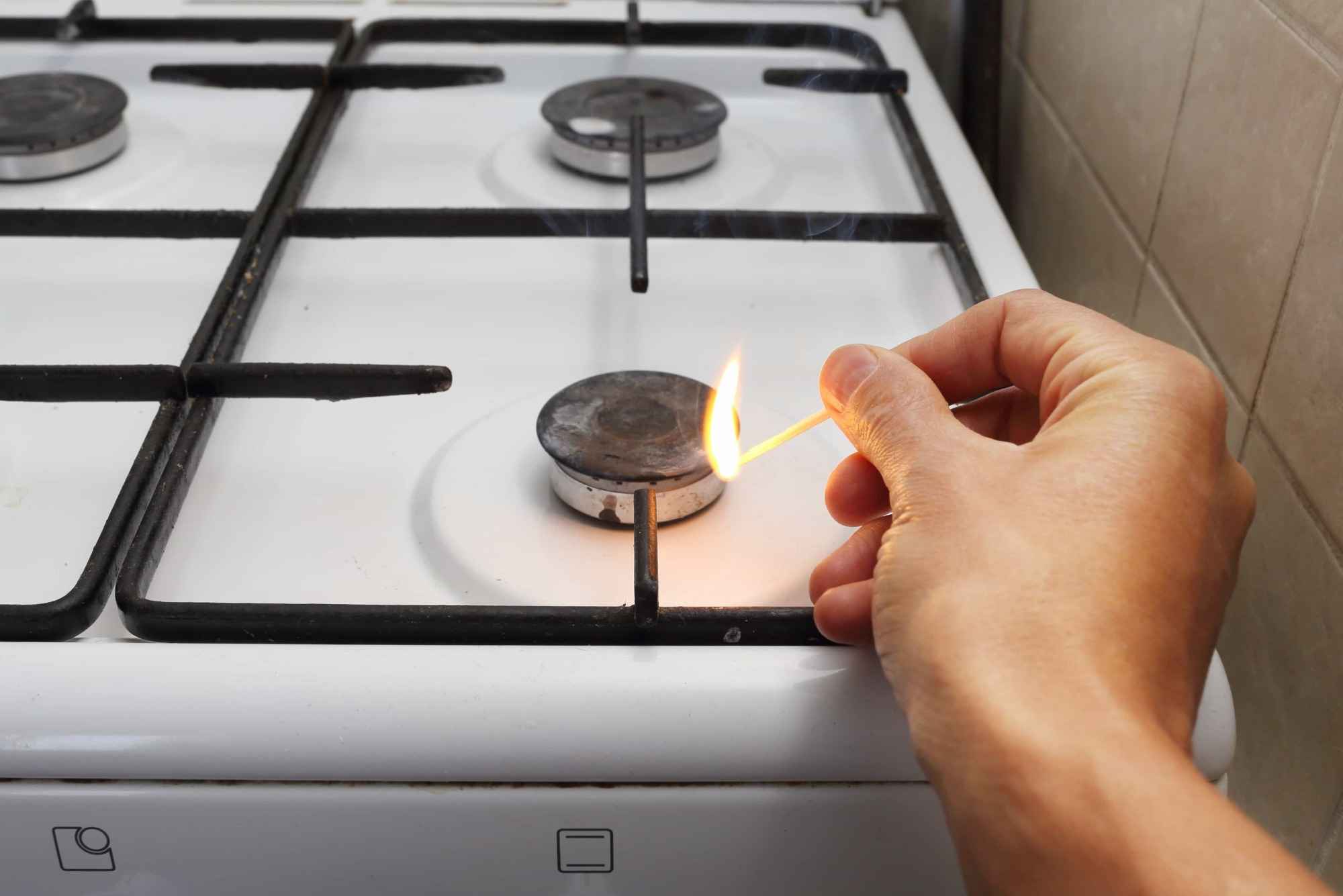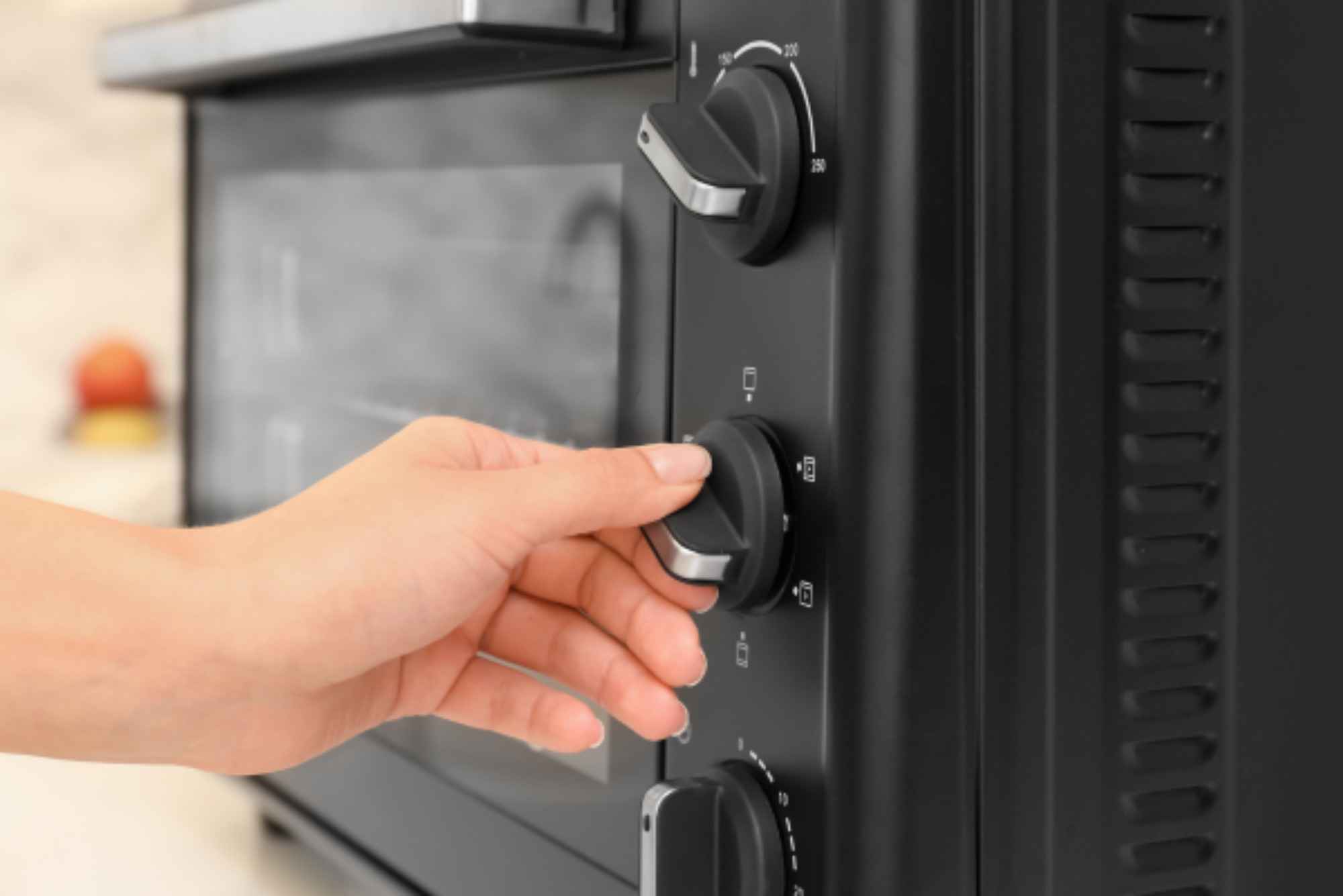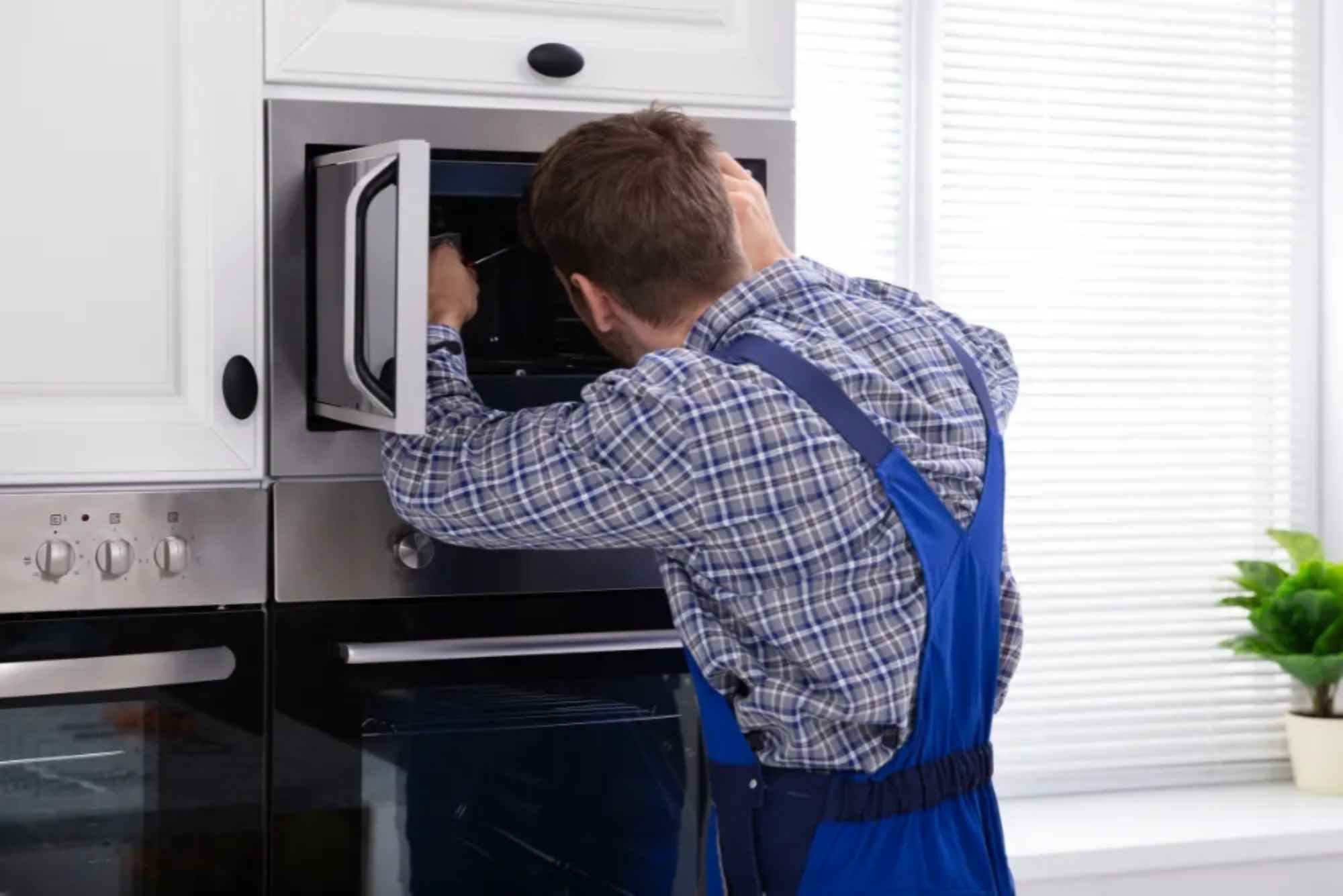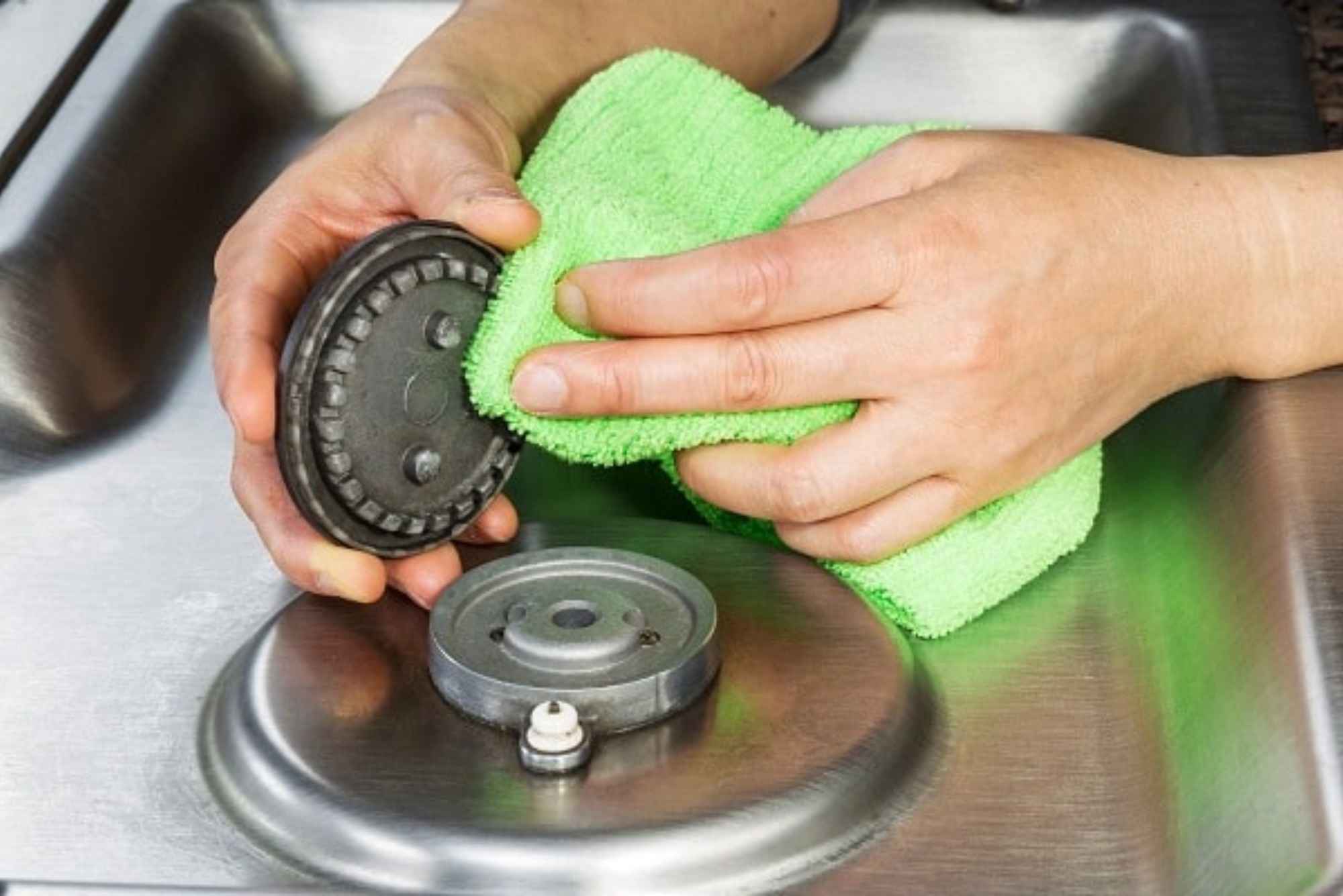A gas oven is one of the most reliable kitchen appliances, but when the temperature starts fluctuating or the food doesn’t cook evenly, it can quickly become frustrating. A gas oven temperature control issue can ruin your baking, grilling, or roasting results and even pose safety risks. Understanding the common causes of these problems and the importance of professional oven repair can help ensure your appliance performs at its best for years.
Understanding How Gas Oven Temperature Control Works
The temperature control system in a gas oven is designed to maintain a steady internal heat level for precise cooking. It typically involves a thermostat, temperature sensor, and gas burner that work together. When the thermostat detects that the oven is cooler than the set temperature, it signals the burner to ignite and heat up. Once the correct temperature is reached, it cuts off the gas flow to maintain balance.
However, if any part of this system malfunctions, the oven may overheat, underheat, or fail to regulate temperature accurately. This issue can affect cooking quality, energy efficiency, and even the longevity of your oven.
Common Signs of a Gas Oven Temperature Control Issue
You might notice your gas oven has temperature problems if your dishes come out burnt, undercooked, or unevenly cooked. Other symptoms include inconsistent heating during preheating, a longer cooking time than usual, or the oven not reaching the desired temperature at all. Sometimes, the problem may be subtle, such as food cooking faster on one side, indicating that the heat distribution is off.
These signs suggest there’s an underlying issue with temperature control components like the thermostat, igniter, or gas valve.
Causes of Gas Oven Temperature Control Problems
Several factors can cause temperature issues in gas ovens. One of the most common reasons is a faulty thermostat. The thermostat measures the temperature inside the oven and regulates the burner, but if it becomes defective, the temperature readings can be inaccurate. Another common cause is a malfunctioning igniter that fails to ignite the gas properly, leading to insufficient heating.
Additionally, a damaged temperature sensor, worn-out gas valve, or dirty burner can interfere with the flame control. Sometimes, electrical problems like loose wiring or corroded connections can also disrupt the oven’s heating process.
Over time, grease buildup, moisture, and normal wear and tear can contribute to these malfunctions, making regular maintenance essential for keeping your gas oven reliable.
Why Professional Oven Repair Is Essential
When dealing with gas appliances, safety is always the top priority. Attempting to fix a gas oven temperature issue on your own can be risky due to potential gas leaks or electrical hazards. Professional oven repair technicians have the right tools, training, and expertise to diagnose and repair the issue safely and effectively.
An experienced technician can test the thermostat, inspect the igniter, and calibrate the temperature settings to ensure accurate performance. They can also check for hidden problems that might not be visible to an untrained eye, such as internal wiring issues or gas flow irregularities.
Moreover, professional repair ensures that all parts are replaced with genuine manufacturer-approved components, maintaining the safety and efficiency of your oven.
Diagnosing Temperature Control Issues
During a professional inspection, the technician typically starts by verifying the temperature accuracy using a heat thermometer. If there’s a significant difference between the set temperature and the actual heat level, they will proceed to check the thermostat and temperature sensor.
If the thermostat is malfunctioning, it will either need recalibration or replacement. The technician also examines the igniter and burner assembly to confirm whether the flame ignites properly and burns evenly. In some cases, dirt and grease may clog the burner holes, reducing the oven’s ability to maintain a stable temperature. Cleaning or replacing these parts can restore the correct performance.
The Importance of Calibrating Your Oven
Even a properly working gas oven can lose temperature accuracy over time. Calibration helps adjust the oven’s control system to ensure it heats precisely to the temperature displayed on the dial. A slight miscalibration may cause uneven cooking or burnt food, especially in baking where precision is key.
Professional technicians use specialized tools to recalibrate your oven, ensuring consistency and efficiency. Regular calibration checks can extend the life of your appliance and maintain optimal cooking results.
Preventing Future Gas Oven Temperature Problems
Regular maintenance plays a significant role in preventing future temperature control issues. Keeping the oven clean, especially the burners and internal components, prevents blockages and ensures proper gas flow. It’s also advisable to avoid overloading the oven, as excessive weight can interfere with heat circulation.
Scheduling annual maintenance with a certified oven repair expert allows early detection of potential issues before they worsen. They can check for gas leaks, worn-out parts, and temperature calibration to maintain your appliance’s performance.
Safety Concerns with Faulty Temperature Control
A malfunctioning gas oven temperature control system can pose more than just cooking inconveniences. If the burner fails to ignite properly or stays on longer than needed, it can cause overheating or potential gas buildup. This may lead to dangerous situations like gas leaks or even fire hazards.
For this reason, any sign of irregular heating or delayed ignition should never be ignored. Turning off the appliance and calling a professional for inspection can prevent accidents and protect your home.
Professional Oven Repair for Lasting Results
Choosing a trusted oven repair service ensures that the job is done correctly and safely. Technicians have access to diagnostic tools and genuine parts that guarantee long-term performance. They also understand different gas oven models and can tailor the repair process according to your appliance’s specific requirements.
A professional repair not only restores accurate temperature control but also enhances the oven’s energy efficiency, reducing your overall gas consumption. This leads to better performance, lower bills, and peace of mind knowing your appliance is safe to use.
When to Replace Instead of Repair
While most temperature control issues can be repaired, there are situations where replacement might be the better option. If your oven is more than 10 to 15 years old, frequently breaks down, or has damaged components that are expensive to replace, investing in a new unit could be more cost-effective.
A professional technician can provide honest advice on whether repair or replacement is the best solution based on the condition of your oven and your usage needs.
A gas oven with temperature control issues can make cooking stressful and unsafe if left unchecked. From inaccurate thermostats to faulty igniters, several factors can disrupt your oven’s heating performance. Seeking professional oven repair ensures that the problem is diagnosed accurately and fixed with the highest safety standards.
Regular maintenance, calibration, and timely repairs can help your gas oven maintain consistent temperature control and reliable performance. By relying on expert technicians, you not only restore your oven’s efficiency but also enhance the safety and comfort of your kitchen for years to come.




